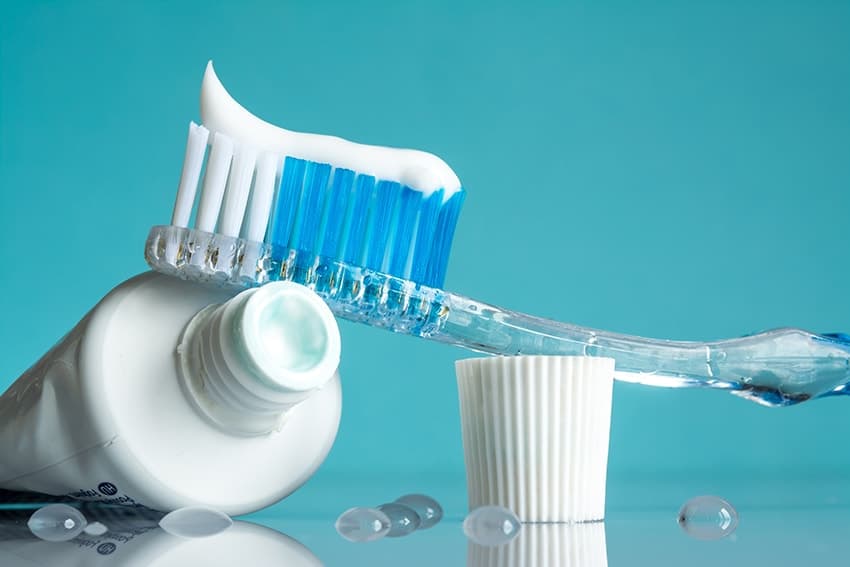Toothpaste comes in many forms, and it contains different ingredients for each type. There is ordinary toothpaste, and there are ones formulated for your special needs.

What is Toothpaste Made up of?
Different kinds of toothpaste contain the different list of ingredients, but the general components include the following:
- Abrasives – along with your toothbrush, aid in the mechanical removal of debris and surface stains.
- Fluoride – makes the teeth stronger by rendering it more resistant to the acids produced by decay-causing bacteria.
- Humectant – retains water and prevents your toothpaste from drying out and getting lumpy or gummy.
- Detergent – acts as the foaming agent that helps spread the toothpaste around the mouth; it also has some cleaning action.
- Binder – thickening agent; it helps stabilize and hold the toothpaste formula together.
- Flavoring Agents – add some sweetness and sent to your toothpaste, making it more pleasant to use.
Why is Some Toothpaste More Expensive than Others?
Even though they have the same basic ingredients, not all tubes of toothpaste are created equal. Depending on the type of toothpaste, some special ingredients are added for increased benefits, hence the higher price. These include ingredients that are specially formulated for tartar control, whitening, and relief of sensitivity. More often than not, the most expensive toothpaste are the ones for sensitivity.
What are the Different Types of Toothpaste?
Toothpaste is classified based on what problem they were formulated for. These types include:
- Fluoride Tubes of toothpaste – these are your ordinary kinds of toothpaste which are formulated to fight and prevent tooth decay. As the name suggests, the main ingredient is fluoride. Fluoride strengthens the enamel and makes it less susceptible to tooth decay. And if tooth decay is already there, fluoride tubes of toothpaste may also aid in the arresting the decay process.
- Tartar Control Toothpastes – these kinds of toothpaste do not move tartar deposits per se; rather, they work to remove as much plaque as possible to prevent further tartar buildup. Some manufacturers claim that this type may also work to soften the deposits.
Whitening Toothpaste – if you’re looking to give your smile a little bit of sparkle, then this type of toothpaste is your best bet. Whitening toothpaste has more abrasives than ordinary toothpaste, allowing them to be more effective in removing surface stains. Some may also have bleaching ingredients like peroxides or polishing agents that make the teeth shinier.
what is the best toothpaste for your teeth?
Take note that whitening toothpaste is intended only to restore the natural color of your teeth. It won’t make your teeth any whiter than its natural shade.
- Desensitizing Toothpaste – this type is prescribed for individuals who experience sensitivity, either as a result of tooth decay or gum disease.
Desensitizing toothpaste contains compounds that work to physically block the exposed tubules of the tooth. These tubules connect directly to the nerves in the pulp, causing sensitivity. Blocking these tubules brings quick relief from sensitivity.
Which Type of Toothpaste is the Best?
The best toothpaste for you depends on what your oral needs are. But no matter which one you choose or which one your dentist prescribes, always make sure that it has a seal of approval by the American Dental Association.
